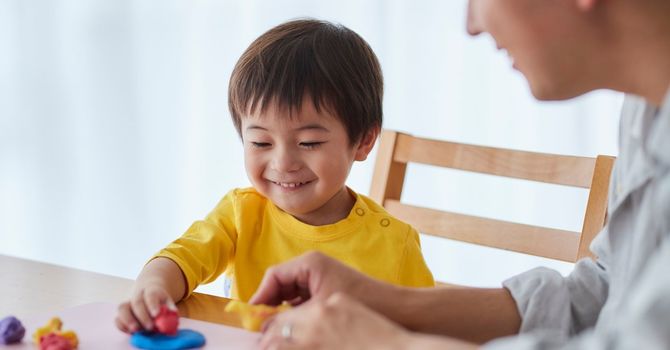.jpg)
In this article, I will continue discussing Martin Seligman’s PERMA theory of resilience and mental health. In the most recent entry, I wrote about ways to cultivate positive emotion and actively engage with life (the “P” and “E” of the PERMA Theory). In this entry, I’ll be discussing the “R” – relationships. This is the single most important factor in the PERMA Theory (Southwick, et al., 2016), so it is getting a little more attention than the others.
Relationships
A lot of the focus on how people build resilience and enhance mental health is on the individual: things we can do for ourselves. However, individuals are embedded within social networks and broader social systems (Southwick, et al., 2016). Often, it is the strength of those connections that differentiates whether people “bounce back” from adversity or not. Furthermore, not only is social connection important for our mental wellbeing, there is a growing body of research demonstrating a link between isolation and poor physical health outcomes, especially among older adults and people from marginalized groups (National Academies of Sciences, Engineering, and Medicine, 2020). The focus below is on two dimensions: expanding connections (e.g., building social networks) and strengthening connections that exist.
Although we have more ways than ever before to connect with others (i.e., through social media and myriad communication methods), people don’t always feel more connected. Much of the reason for this lies in the nature of the communication: many modern ways of connecting with others are not highly interactive. Alternating comments, which is the standard form of communication through social media, is not truly conversation and what’s more, we are often alone when we are supposedly being social. These methods don’t allow us to benefit from the nonverbal aspects of communication (facial expressions, voice tone, etc.), leaving us prone to miscommunication and disconnection. The point? If we want to feel more connected, we need to be around other humans. Here are a few tips:
- To expand one’s social circle, consider volunteering or joining a club; do something you enjoy doing anyway (e.g., take a class, join a gym) – you may connect with others who are there, as you know you already share something in common with them
- Get out there. As we learned during the COVID-19 pandemic, not being around others is highly isolating. Even if we’re not meeting anyone in particular, it is important to be part of the social world – go to the library or a coffee shop and soak up the energy of the people around you; smile at strangers you pass on the street; chat with your local barista or the cashier at the grocery store; give a compliment or do something thoughtful for a friend. These things reinforce our sense of connection to others and the world around us.
- To strengthen connections, it is important to carve out time to connect with the people in our lives. This is difficult in today’s busy world, so it is beneficial to be intentional about with whom we connect and for what purpose. We may have someone in our lives that is good at “giving it to us straight.” Hopefully, we also have someone who is our “biggest fan.” Maybe there are people who are just energizing to be around, while others can provide opportunities for “deeper” conversations. Regardless, consider what you need and who might be available to meet this need – and set aside time in your schedule to nurture the relationships you have.
- When interacting with others, it is valuable to focus on both sides of communication: giving and receiving messages. Make sure “air time” is shared by not talking considerably more than your conversation partner. Listen actively and attentively – listening is more than just waiting for your chance to talk. Ask open-ended questions; find common ground; and take time to reflect on what is said before responding.
By practicing these skills, you might find that you foster broader and deeper connections, and you just might find that you have more support around when you need to “bounce back” from something.
Jason is a Registered Psychologist with over 15 years of experience counselling adults and adolescents with a variety of concerns. Areas of specialization include anxiety, AD/HD, identity development, relationship issues, depression and self-esteem. In addition to counselling services, Jason conducts assessments with learners of all ages. He makes a unique contribution to the Centre through his skill in career assessments.
References:
National Academies of Sciences, Engineering, and Medicine. 2020. Social Isolation and Loneliness in Older Adults: Opportunities for the Health Care System. Washington, DC: The National Academies Press. https://doi.org/10.17226/25663.
Seligman, M. E. (2012). Flourish: A visionary new understanding of happiness and well-being. Atria.
Southwick, S. M., Sippel, L., Krystal, J., Charney, D., Mayes, L., & Pietrzak, R. (2016). Why are some individuals more resilient than others: the role of social support. World psychiatry: official journal of the World Psychiatric Association (WPA), 15(1), 77–79. https://doi.org/10.1002/wps.20282
Jason Bauche
Contact Me


